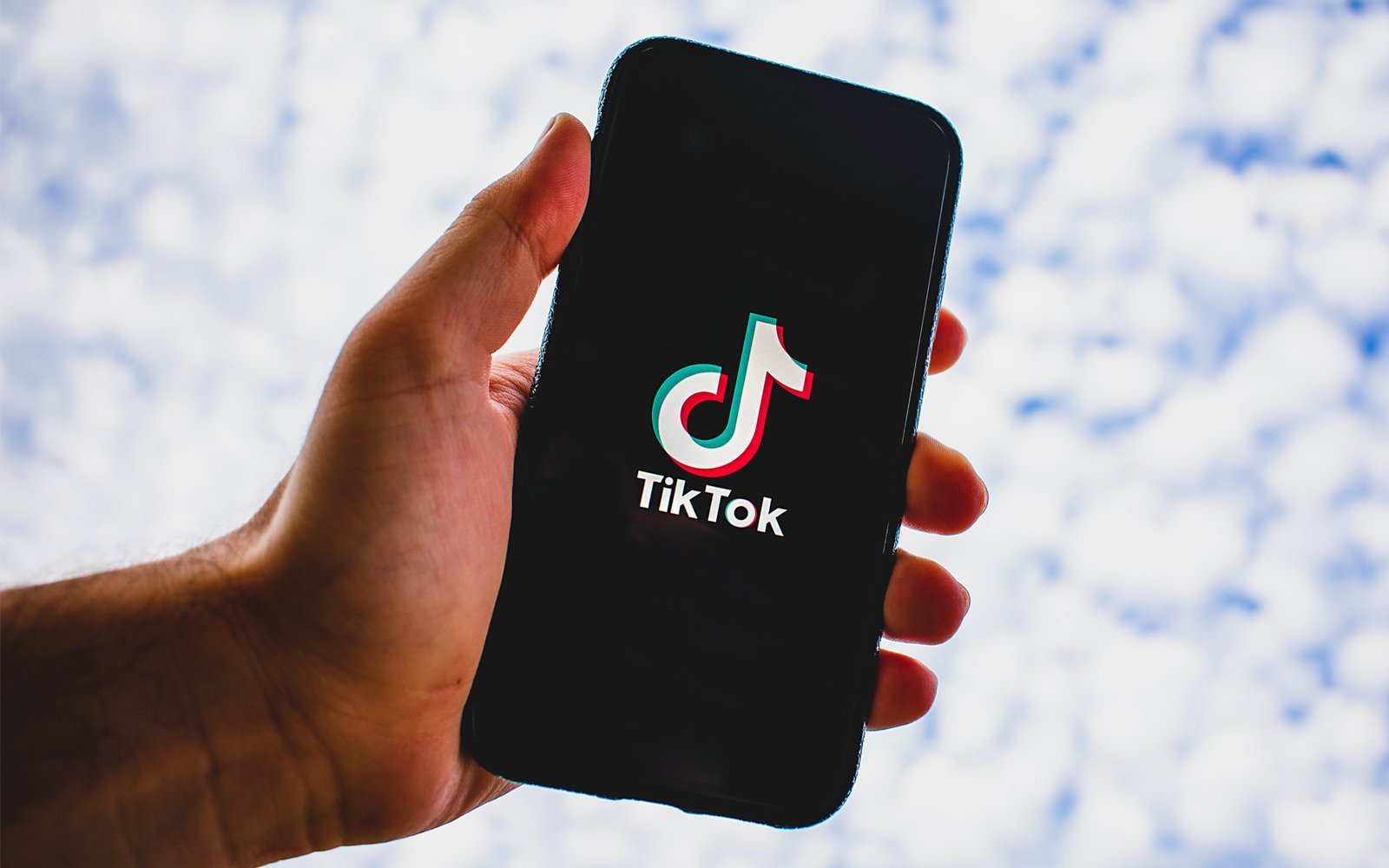Texas Bans TikTok On Government Devices Amid China Data-Sharing Fears – Governor Greg Abbott of Texas issued an order on Wednesday prohibiting the use of TikTok on government-provided devices, citing security concerns regarding the app’s data-sharing policies with the Chinese government. “TikTok harvests vast amounts of data from its users’ devices – including when, where and how they conduct Internet activity – and offers this trove of potentially sensitive information to the Chinese government,” according to one of the letters the governor sent to state agency leaders. While TikTok has claimed that it stores US data within the US, the company admitted in a letter to Congress that China-based employees can have access to US data.
“It has also been reported that ByteDance planned to use TikTok location information to surveil individual American citizens,” it added. The letter also referenced China’s National Intelligence Law from 2017, noting that corporations are expected to assist China in intelligence activities, including data exchange. It stated that TikTok’s algorithm had already banned politically sensitive topics, such as the Tiananmen Square protests, that were sensitive to the Chinese Communist Party. A number of other Republican lawmakers across the country have implemented similar TikTok bans.
People Also Read: Democrat Raphael Warnock Defeats Herschel Walker in High-Profile Georgia Senate Runoff Election
The attorney general of Indiana took a step further and filed a lawsuit against the social media app, alleging that the video-sharing platform misleads its users, especially youngsters, regarding the level of improper content and security of consumer information. Todd Rokita claimed in the complaint filed Wednesday that while TikTok says it is safe for users 13 years and older, the app contains “salacious and inappropriate content” available to young users “for unlimited periods of time, day and night, in an effort to line TikTok’s pockets with billions of dollars from US consumers.”
In accordance with Abbott’s directive, state agency heads must immediately prohibit their employees from downloading and using the software on any government-issued device, including cell phones, laptops, tablets, desktop computers, and “other devices capable of Internet connectivity.” In addition, Abbott announced a direct joint action by the state’s department of public safety and department of information resources to address the app’s “vulnerabilities” on personal devices by 15 January 2023. Every state agency will then be given a month to set its own policy regarding the use of the app on employees’ personal devices.
Abbott’s directive follows in the footsteps of Maryland governor Larry Hogan, who on Tuesday also banned Tiktok and a number of other China- and Russia-based platforms in the state’s executive branch. “There may be no greater threat to our personal safety and our national security than the cyber vulnerabilities that support our daily lives,” Hogan, a Republican, said in a statement, adding: “To further protect our systems, we are issuing this emergency directive against foreign actors and organizations that seek to weaken and divide us.”
Similarly, Wisconsin’s Republican congressional representatives demanded on Tuesday that Governor Tony Evers remove TikTok from all state government devices, deeming it a threat to national security. In a letter, senator Ron Johnson and representatives Mike Gallagher, Tom Tiffany, Glenn Grothman, Bryan Steil, and Scott Fitzgerald wrote, “Wisconsinites expect their governor to be aware of the dangerous national security threats TikTok poses and to protect them from this avenue for CCP intelligence operations.”
The Maryland directive comes a week after South Dakota governor Kristi Noem, also a Republican, banned state employees and contractors from accessing TikTok on state-owned devices, citing its ties to China. Similarly, South Carolina governor Henry McMaster on Monday asked the state’s department of administration to ban TikTok from all state government devices it manages. Nebraska governor Pete Ricketts blocked TikTok on state electronic devices in August 2020.
People Also Read: House Democrats Elect Hakeem Jeffries as First Black Leader in Congress
In response, TikTok said that the recent slew of bans “are largely fueled by misinformation about our company.” “We are always happy to meet with state policymakers to discuss our privacy and security practices,” TikTok spokesperson Jamal Brown told the Associated Press. “We are disappointed that the many state agencies, offices, and universities that have been using TikTok to build communities and connect with constituents will no longer have access to our platform.”




